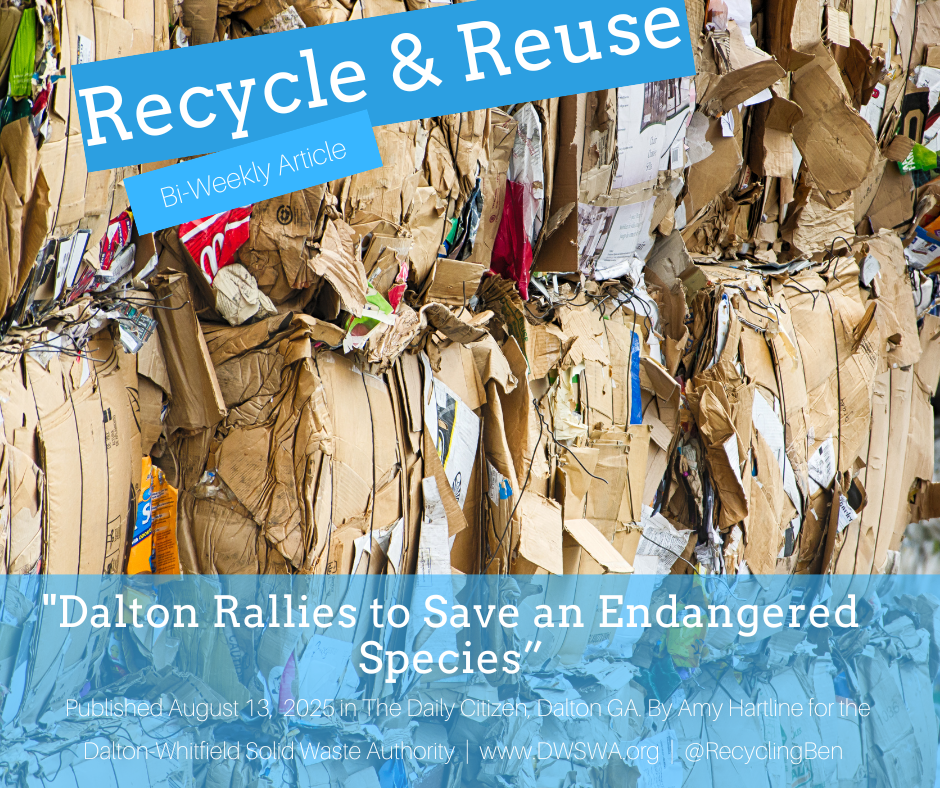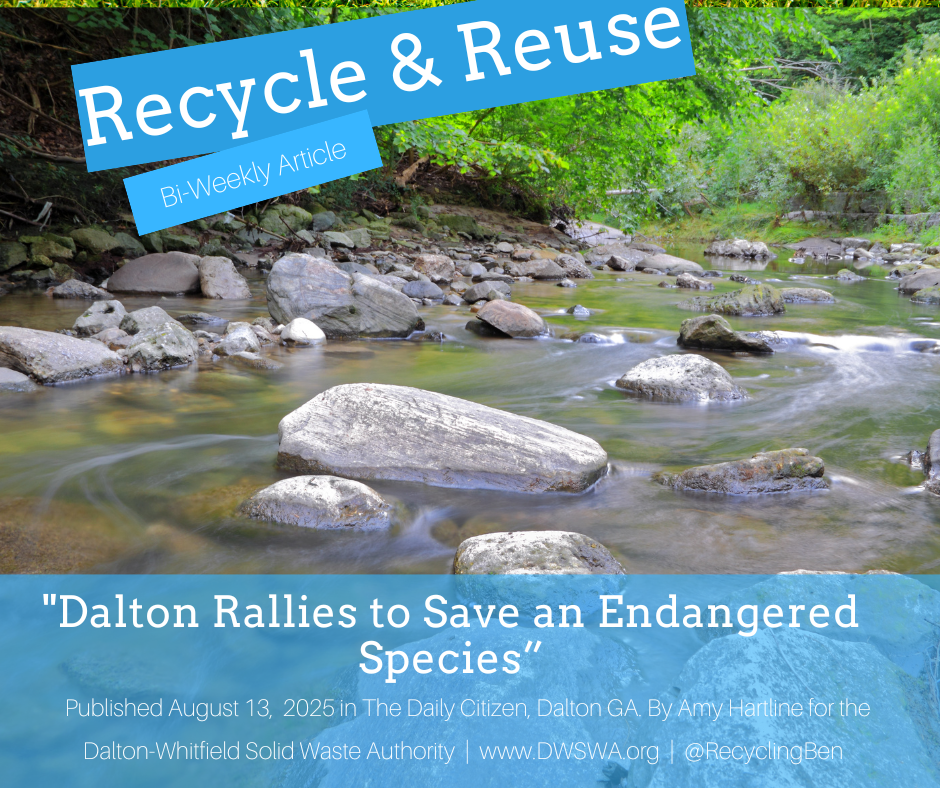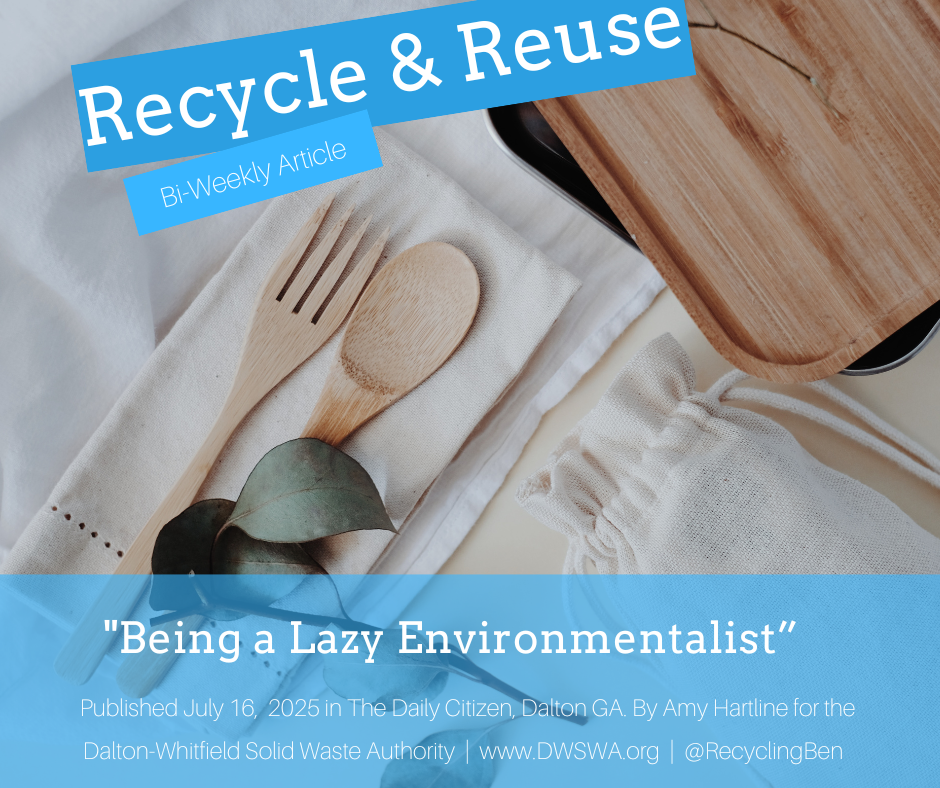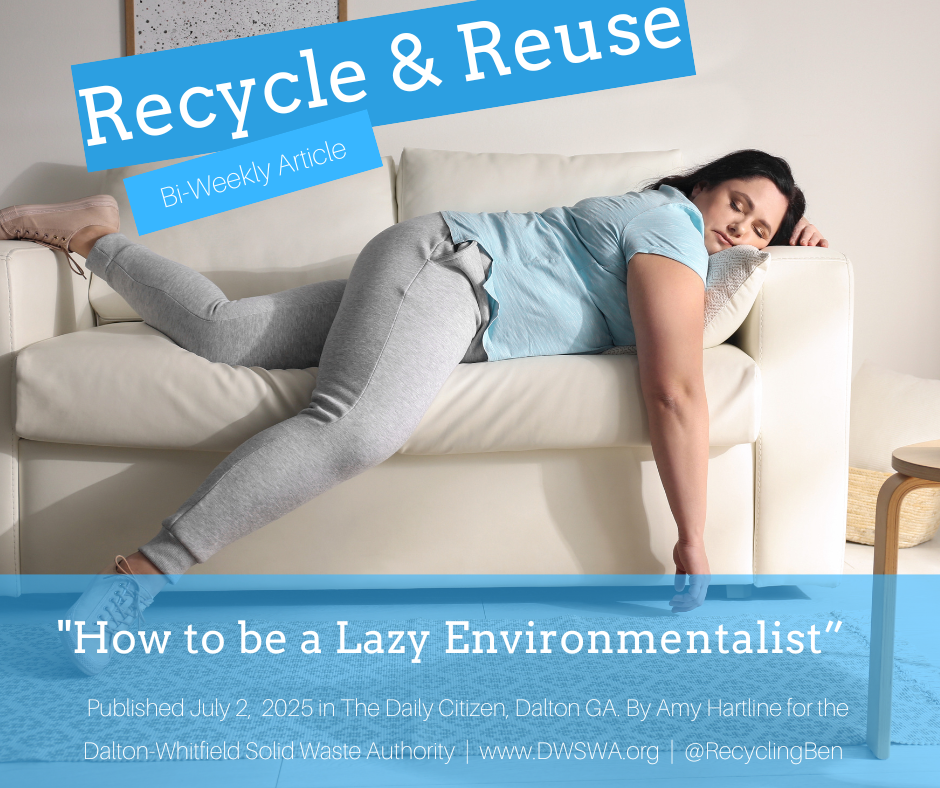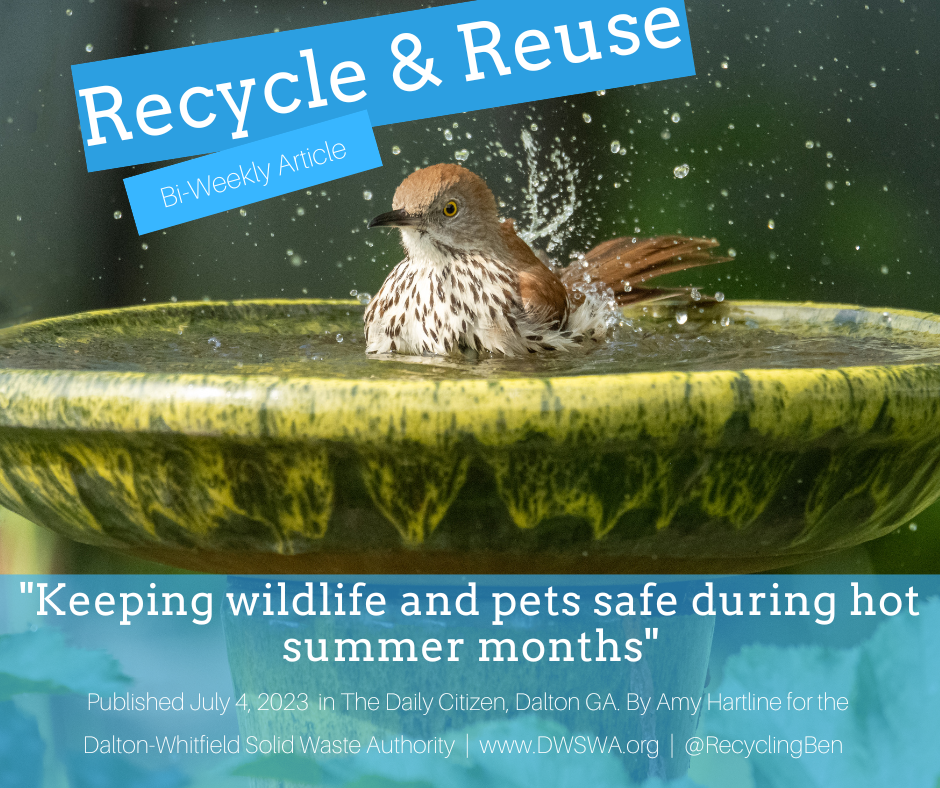Keeping wildlife and pets safe during hot summer months
/As the temperature rises during the scorching Georgia summer months, it’s crucial to pay attention to the well-being of our animals, including the wildlife and our beloved pets. Extreme heat can pose significant risks to their health, but with some thoughtful care and a few simple extra actions we can help ensure their safety.
One of the most important considerations for both wildlife and pets is access to shade and plenty of fresh water. In your yard or garden, set up shaded areas using umbrellas, canopies or natural shade from trees. Ensure there are cool areas where animals can retreat from the sun’s intense rays.
Additionally, leave out bowls of water in shaded spots, refreshing them regularly to prevent dehydration. You can use birdbaths for this purpose, just make sure to keep the bath clean. You can also set a shallow dish of water out with marbles or rocks which will allow smaller animals like turtles to drink without attracting the attention of mosquitoes.
Designing your outdoor space to be wildlife-friendly can offer refuge to various creatures during the hot summer months. Planting native trees, shrubs and flowers can provide natural shelter and attract insects and other wildlife as a food source. Installing bird feeders and butterfly-friendly plants like milkweed and zinnias can also encourage diverse species to visit and thrive in your garden.
During the summer months it’s essential to refrain from using chemical pesticides and herbicides in your garden or around areas frequented by pets and wildlife. These toxic substances can contaminate water sources, harm beneficial insects and pose a danger to animals if ingested. Instead, opt for organic and natural pest control methods to maintain a healthy balance in your ecosystem.
The summer heat can cause your food and trash to get stinky much faster. That smell can attract quite a few pests and wild animals in search of food. To prevent them from showing up in your trash can and safeguard both wildlife and pets, ensure that trash cans are securely closed and that any outdoor pet food is not left unattended. This practice minimizes the risk of attracting animals that could potentially harm pets or themselves when scavenging for food. Do not leave out food for wild animals as this can put them and you in danger.
Leaving pets inside parked cars, even for a short time, can be fatal and has unfortunately led to many incidents. Cars heat up quickly, even with the windows cracked, and the temperature inside can reach dangerous levels within minutes. Keep your pet at home in a cool, well-ventilated environment, or take them with you when you leave the car.
When planning outdoor activities with your pets right now, consider the timing and duration. Avoid going out during the hottest parts of the day in the afternoon when the sun is at its peak. Instead, go for early morning or late evening walks when temperatures are cooler. Always be mindful of hot pavement, which can burn your pet’s paws. Place the back of your hand on the ground for a few seconds to check if it’s too hot before taking your pet for a walk.
Both pets and wildlife are susceptible to heatstroke, a life-threatening condition that occurs when the body’s internal temperature exceeds safe limits. Be vigilant for symptoms such as excessive panting, lethargy, drooling, vomiting and unsteadiness. If you suspect heatstroke, move the animal to a cool area, provide water and seek immediate veterinary assistance.
The summer months can be challenging for wildlife and pets due to the intense heat. By following these tips and ideas you can help them beat the heat this summer.


